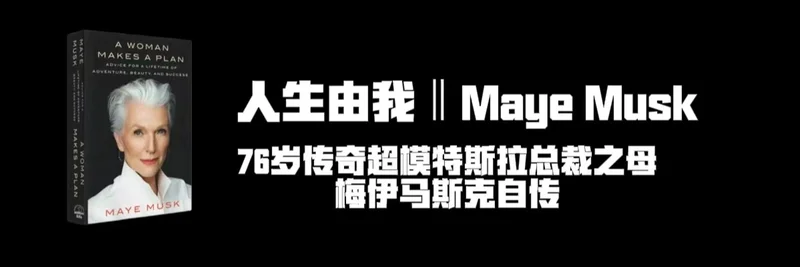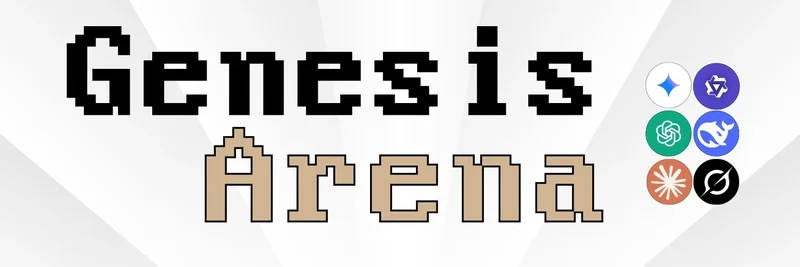Have you heard the buzz around Core DAO's latest move? If you're into crypto, especially anything involving Bitcoin and staking, this is big. BSC News recently dropped a tweet highlighting the launch of the first Core DAO-powered Exchange-Traded Product (ETP) for Bitcoin staking. It's not just another product—it's potentially setting the stage for staking Exchange-Traded Funds (ETFs) that could change how we invest in crypto. Let's break it down step by step, keeping things simple and straightforward.
First off, what's this ETP all about? The tweet from BSC News points to their article on bsc.news, where they dive into the details. In September 2025, Valour—a subsidiary of DeFi Technologies—launched this Bitcoin staking ETP on the London Stock Exchange. Powered by Core DAO, it lets investors track Bitcoin's price while earning staking yields from the Core Chain. Think of it as a way to hold Bitcoin exposure without missing out on passive income from staking.
Core DAO itself is fascinating. It's a blockchain that enables non-custodial Bitcoin staking. That means you can stake your Bitcoin without handing over control to anyone else. They use something called Bitcoin's CheckLockTimeVerify (CLTV) timelock to make this happen securely. Rewards come in CORE tokens, with yields around 5.65% annually as of mid-2024. Plus, there's a Dual Staking feature where pairing Bitcoin with CORE tokens boosts those returns. The ecosystem is thriving too, with over 4,800 staked Bitcoins, millions of unique addresses, and a ton of DeFi activity.
Now, the real excitement: could this lead to staking ETFs? ETPs and ETFs are similar but not identical. ETPs are more flexible and can include extras like staking yields, while ETFs are stricter, often just tracking prices under rules like the U.S. Investment Company Act of 1940. The article suggests staking ETFs might be the next evolution after spot Bitcoin ETFs. Europe seems more open to this, with clearer regulations. Core DAO's upcoming Fusion upgrade could supercharge re-staking across chains, making it even more ETF-friendly.
Market demand is there—investors want yields without the hassle of managing staking themselves. Technologically, it's feasible thanks to innovations like lstBTC, a liquid staking token from Core DAO and partners like Maple Finance and BitGo. Regulators might need time to catch up, but precedents like Ethereum staking ETF proposals (e.g., from 21Shares in early 2025) show progress.
For blockchain enthusiasts, this opens doors. Imagine institutional money flowing into staking products, boosting liquidity and adoption. If you're practicing in DeFi or just curious about meme tokens and beyond, keeping an eye on Core DAO could give you an edge. It's all about blending traditional finance with crypto's innovative spirit.
Got questions? The article's FAQ clears up ETP vs. ETF differences and how Core's staking works. If you're ready to dive deeper, check out the full piece on BSC News. What's your take—will staking ETFs become the new norm in crypto investing?




